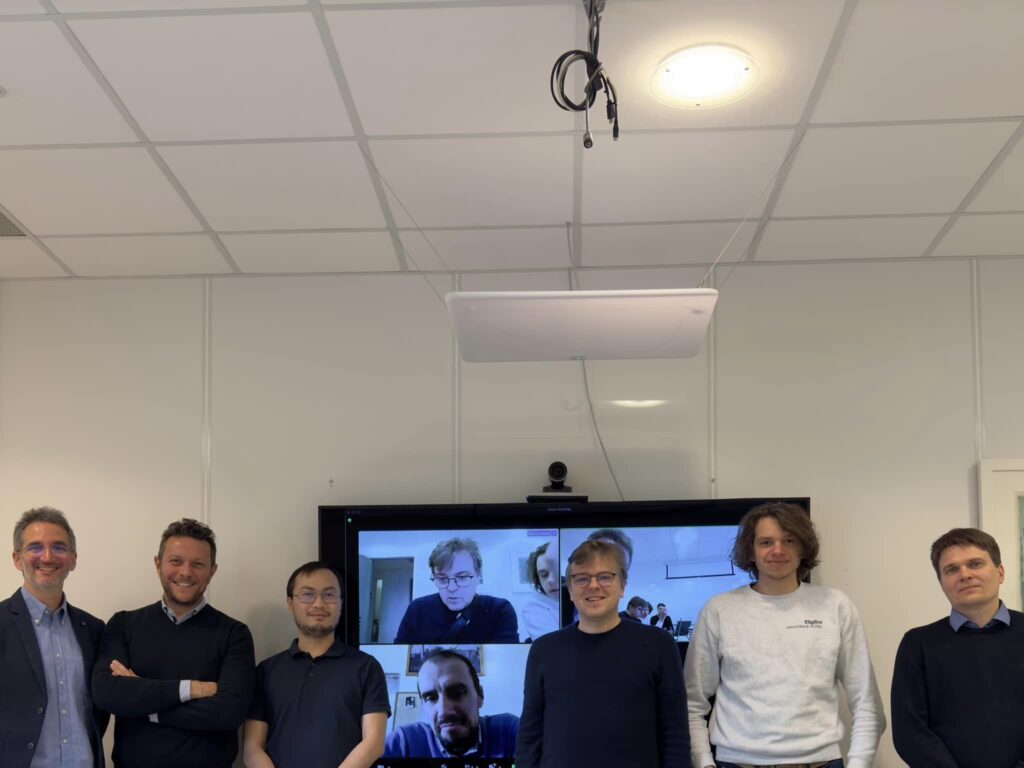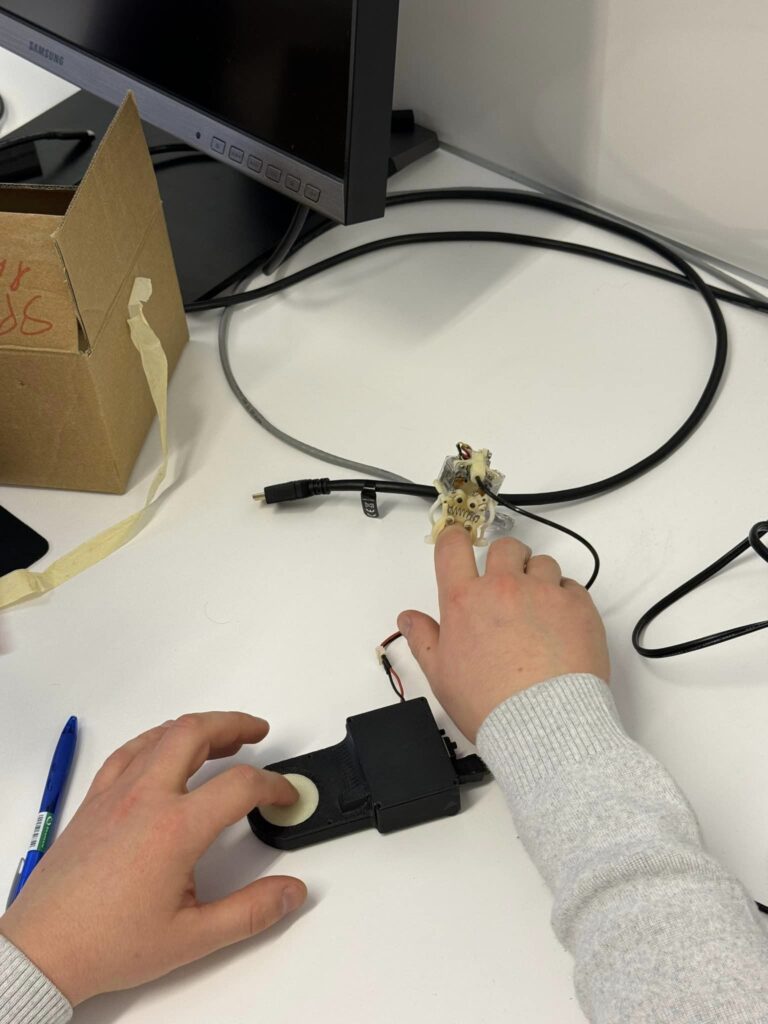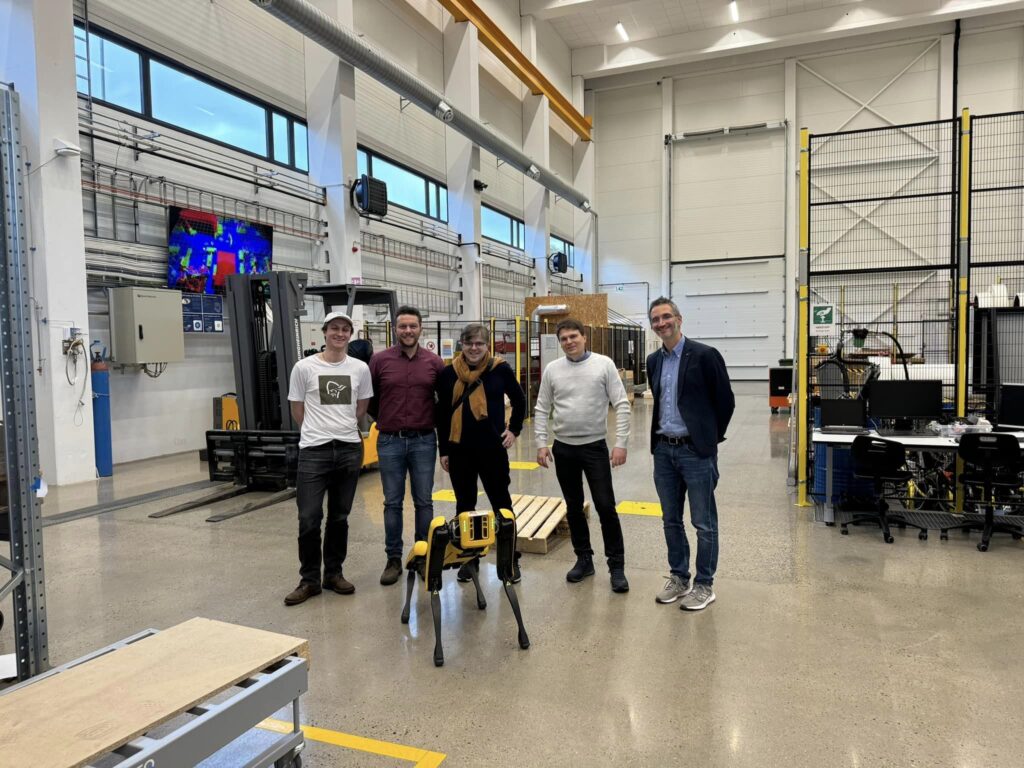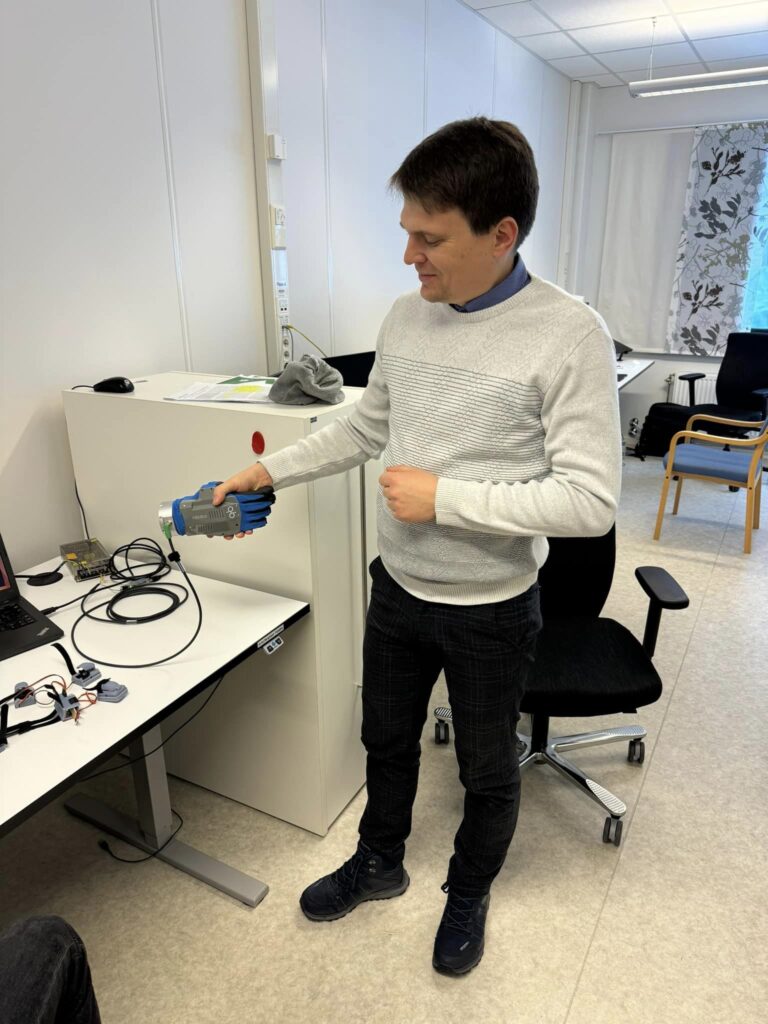On January 23-24, 2024, the first transnational meeting for the Erasmus+ project “Immersive Surgical Education” took place. This project, spearheaded by the University of Agder, Norway, brings together a consortium of academic institutions including the University of Siena, Kaunas University of Technology, and the Lithuanian University of Health Sciences. The project is funded by the European Union through the Erasmus+ Program under Grant 2023-1-NO01-KA220-HED-000160462.





The meeting marked an essential milestone, gathering key stakeholders to discuss and outline the project’s future trajectory. It provided a platform to align the partners’ visions and solidify the collaborative framework that will drive the project’s objectives forward.
During the meeting, significant progress was made on several fronts. On the first day, participants reviewed the project’s timeline and milestones, focusing on tasks that needed to be completed by the end of January. A minor issue regarding the budget was identified, but it was swiftly addressed, ensuring the project remains on track financially.
A highlight of the discussions was the exploration of various scenarios and technologies that could enhance surgical education through immersive technologies. The partners delved into the development of tactile learning tools and how these could be integrated into surgical training. The team also reviewed the project’s Gantt chart and identified critical tasks that needed immediate attention.
Day two of the meeting was dedicated to a more in-depth technical discussion. The team reviewed various prototypes and technological solutions that could be incorporated into the project. These include innovative devices designed to simulate the tactile experience of surgical procedures, an essential component of hands-on surgical training. The team also debated the best methods for force rendering in virtual environments, which is crucial for creating realistic and effective training simulations.
One key area of focus was the integration of these technologies into a coherent and user-friendly training system. The consortium members brought diverse expertise to the table, from surgical practice and education to virtual reality development, ensuring that the solutions discussed are both technically feasible and educationally valuable.
As the meeting concluded, the team laid out a clear action plan for the coming months, with specific tasks assigned to each partner institution. The collaborative spirit and the wealth of ideas exchanged during this first transnational meeting set a promising foundation for the project’s success.
This project aims to revolutionize surgical education by creating immersive, technology-enhanced learning environments that provide realistic, hands-on training without the need for cadavers. By doing so, it addresses both the logistical and ethical challenges currently faced in surgical training.
The next steps include refining the prototypes, conducting further research into the most effective immersive technologies for surgical education, and preparing for the next transnational meeting, where these advancements will be further discussed and evaluated.
The consortium is committed to creating a groundbreaking educational tool that will not only benefit medical students and professionals but will also set new standards in surgical education across Europe and beyond. The project’s success will be a testament to the power of collaboration and innovation in tackling some of the most pressing challenges in modern education.
Stay tuned for more updates as the project progresses!
